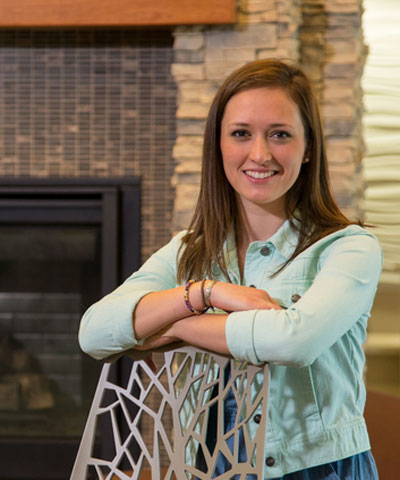What Makes Nazareth's Core Unique?
Our core curriculum guides you through liberal arts courses in a way that teaches you to ask deep questions, shows you how to explore possible answers, and helps you apply what you’ve learned to real-world problems. In addition to teaching you writing, critical thinking, and problem-solving skills, Nazareth will nurture and develop your spirit of inquiry, to help you make the world better.
- Framed around real-world questions: Introductory courses are engaging and centered on deep questions such as “What is justice?” or “How can we know mathematical truths?” or “Is obesity a social or individual problem?” You choose courses across eight subjects to learn distinctive content as well as how scholars in that discipline think and know things.
- Takes you deeper: Those introductory studies equip you, with the help of advisors, to come up with, and explore, your own enduring question through three higher-level courses that you choose. To examine “Who am I?”, you might take an anthropology course on Gender and Society, a religious studies course called Spiritual Autobiography, and a psychology course on motivation, for example. To explore why China matters so much to the United States, you might enroll in Road to Revolution, China in the 20th Century, and Women and Family in East Asia.
- Hands on: Experiential learning gets you out of the classroom for internships, study abroad, co-curricular service, course-based service learning, student leadership, fieldwork/clinical hours, or undergraduate student research. At Nazareth, your experiential learning isn’t separate from the rest of your learning. It’s tied to the core and/or to your major.
- Connects the dots: The parts of the core build toward a milestone seminar class where you integrate the work you’ve done and your learning.

Explore a question
"I incorporated my personal interest in sports with my occupational therapy coursework in physics, kinesiology, and abnormal psychology to explore the question 'What is the relationship between movement and identity?' "
— Lauren Devine (occupational therapy)